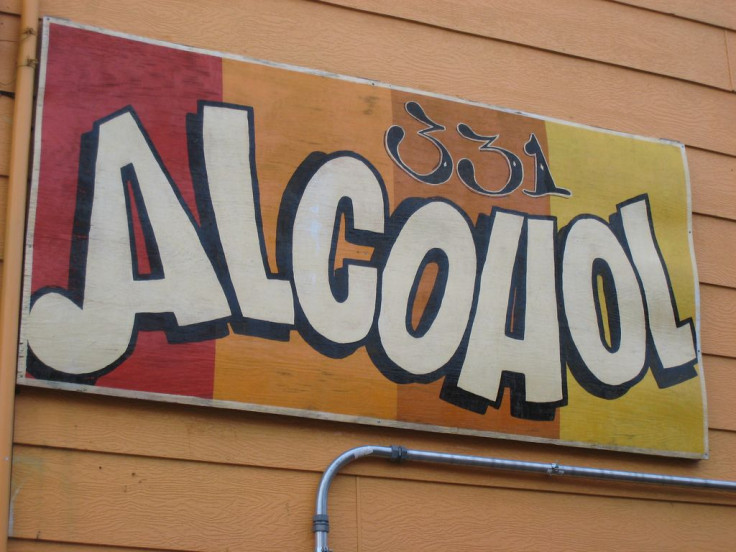Adolescents Who Start Drinking In Puberty More Likely To Develop Alcohol Problems Later

Adolescents who drink alcoholic beverages for the first time during puberty are more likely to develop a drinking problem, new research says.
Investigators in Germany found in a longitudinal study that neurodevelopmental changes during puberty leave the body particularly susceptible to later development of alcohol abuse disorder, with much higher drinking levels than seen in people who began drinking earlier.
Study co-author Miriam Schneider of the University of Heidelberg said that beginning to drink alcohol during puberty predicted higher levels of drinking than those who'd drank alcohol prior to adolescent changes in brain and body.
"Most teenagers have their first alcoholic drink during puberty, however, most research on the risks of early-onset alcohol use up to now has not focused on the pubertal stage during which the first alcoholic drink is consumed," Schneider told media. "Common thinking in alcohol research was that the earlier adolescents begin, the more deleterious become their drinking habits. However, a closer look at the statistics revealed a peak risk of alcohol use disorders for those beginning at 12 to 14 years of age, while even earlier beginners seemed to have a slightly lower risk."
While the timing of puberty differs between the sexes and varies by individual, the pubertal stage of development was the greatest time of vulnerability among adolescents, given both changes in the growth and pruning of neurons and synapses as well as high receptivity in the brain's reward system.
"Numerous neurodevelopmental alterations are taking place during puberty, such as maturational processes in cortical and limbic regions, which are characterized by both progressive and regressive changes such as myelination and synaptic pruning," Schneider said. "Typically, an overproduction of axons and synapses can be found during early puberty, followed by rapid pruning during later puberty, indicating that connections and communication between subcortical and cortical regions are in a highly transitional state during this period."
Puberty is also a phase in which the brain's reward system undergoes major functional changes, according to Rainer Spanagel, head of the Institute of Psychopharmacology at the University of Heidelberg.
"The endocannabinoid and dopamine systems are at their peak and these major neurobiological changes are reflected on the behavioral level — reward sensitivity is highest during puberty," she said. "Therefore, during puberty the brain is in a highly vulnerable state for any kind of reward, and drug rewards in particular."
Aside from increasing the likelihood of later problem drinking, exposure to drugs of abuse such as alcohol and marijuana may cause other destructive effects over time, the researchers said, including neuropsychiatric disorders such as schizophrenia or addictive disorders in some cases.
With some help from the University of Potsdam there, the Heidelberg researchers analyzed data from 283 young adults, including 152 women and 131 men, who were part of a larger epidemiological study. The researchers used questionnaires and interviews to assess drinking behavior at ages 19, 22, and 23 years of age, finding results similar to those from a concurrent study in Wistar rats.
Schneider said "both studies revealed that those individuals that initiated alcohol consumption during puberty tended to drink more and also more frequently than those starting after puberty."
The study will be published in the October issue of Alcoholism: Clinical & Experimental Research, and is now available online.
Source: Blomeyer, D., Friemel, C. M., Buchmann, A. F., Banaschewski, T., Laucht, M. and Schneider, M. (2013), Impact of Pubertal Stage at First Drink on Adult Drinking Behavior. Alcoholism: Clinical and Experimental Research. doi: 10.1111/acer.12154



























